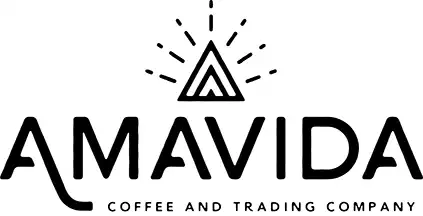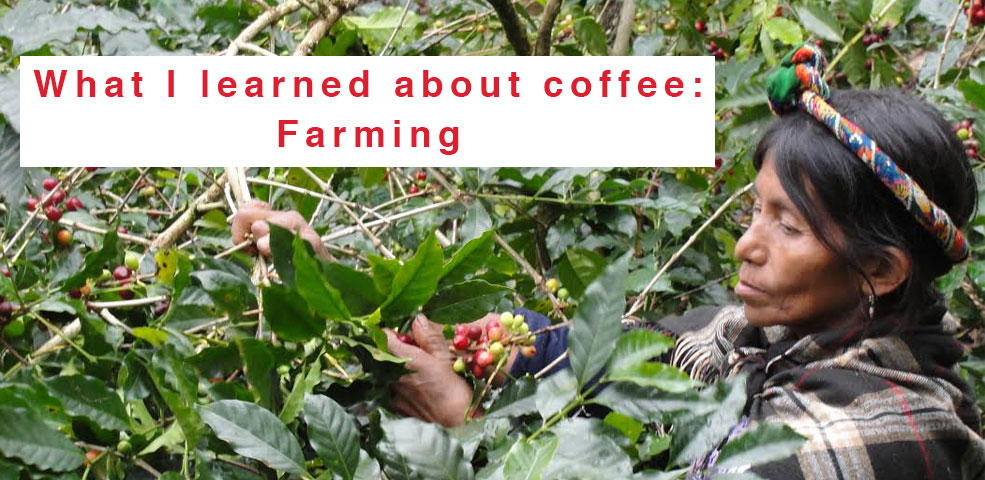If I’m just learning about coffee, what do I need to know first? : Farming
Blog Post #1 of Many
Coffee from my parents’ generation came from a can. The smell of coffee filled the house in the morning and became ambiguous with their morning routine. As knowledge about coffee began to become more important in popular culture, craft and brewing technology helped to improve the quality of the coffee that was brewed in the morning. For those of us that strive to improve the quality of the world’s most popular beverage, we need to have a better understanding of this fruit.
Coffee, just like apples or pears or any other agricultural commodity is delicate. If a company making applesauce used apples that were rotten, unripe, or had insect damage in their finish product, their jars of applesauce would not taste to their potential. This importance of craft began to change the coffee industry, and we still have a long way to go.
When we look at coffee as a fruit, we have to think about the people who grow this unique tree. A Typica varietal can take up to 4 years to produce fruit. Great Arabica coffee is grown at high altitudes in a climate that is ideal near the equator. Because it is such an investment for these farmers, importance is placed on producing a good crop. This is what separates commodity coffee from specialty coffee. Commodity coffee is often mechanically harvested and pays their farmers pennies on the dollar for their hard work. This is devastating for their economy and standard of living. Not to mention their future crop! This coffee is the second most traded commodity in the world behind oil. From an investor’s point of view, it is in their interest to spend the least amount of money for their product and receive the most amount of money for their return. This is where Good Trade coffee increases the quality of our cup of coffee we drink every morning. Morally, these farmers’ lives are being destroyed. Their children do not have schools, food is scarce, and their quality of life is in no way stable enough to sustain any future crops of coffee of any quality.
Fair trade coffee gives these farmers a price that contributes to the sustainment of their economy. Going a step further, Cooperatives place even more importance on the quality of life of these farmers and gives back a generous portion of their profit to help build these communities. They build schools, educate farmers on agricultural improvements and much more. Amavida Coffee and Tea belongs to a Cooperative that has helped farmers in Guatemala better understand how to use organic techniques in growing their coffee to improve their production. Amavida continues to promote gender equality in the Democratic Republic of Congo where most of the coffee farmers are women. In Chiapas Mexico, Amavida is raising money to improve the quality of water in farming communities. These values led Amavida to become a Certified B Corporation. B Corporations’ lead the global movement to look at levels of success in terms of how they impact and improve quality of life throughout the world. This is especially important in the business of coffee, where supply and demand of the World’s second most traded commodity influences so many lives and the overall quality of what is in our cup.
~Jonathan Williams
Training & Development Coordinator


